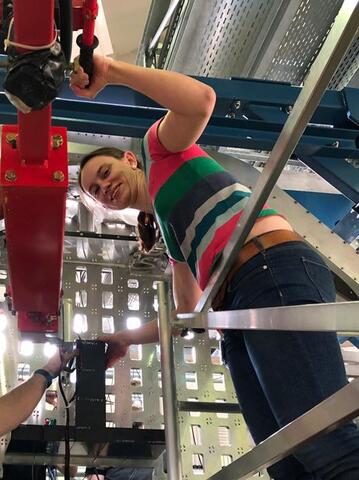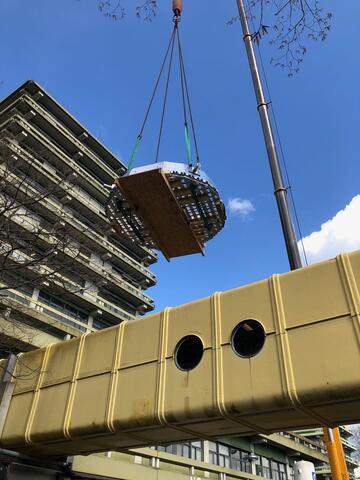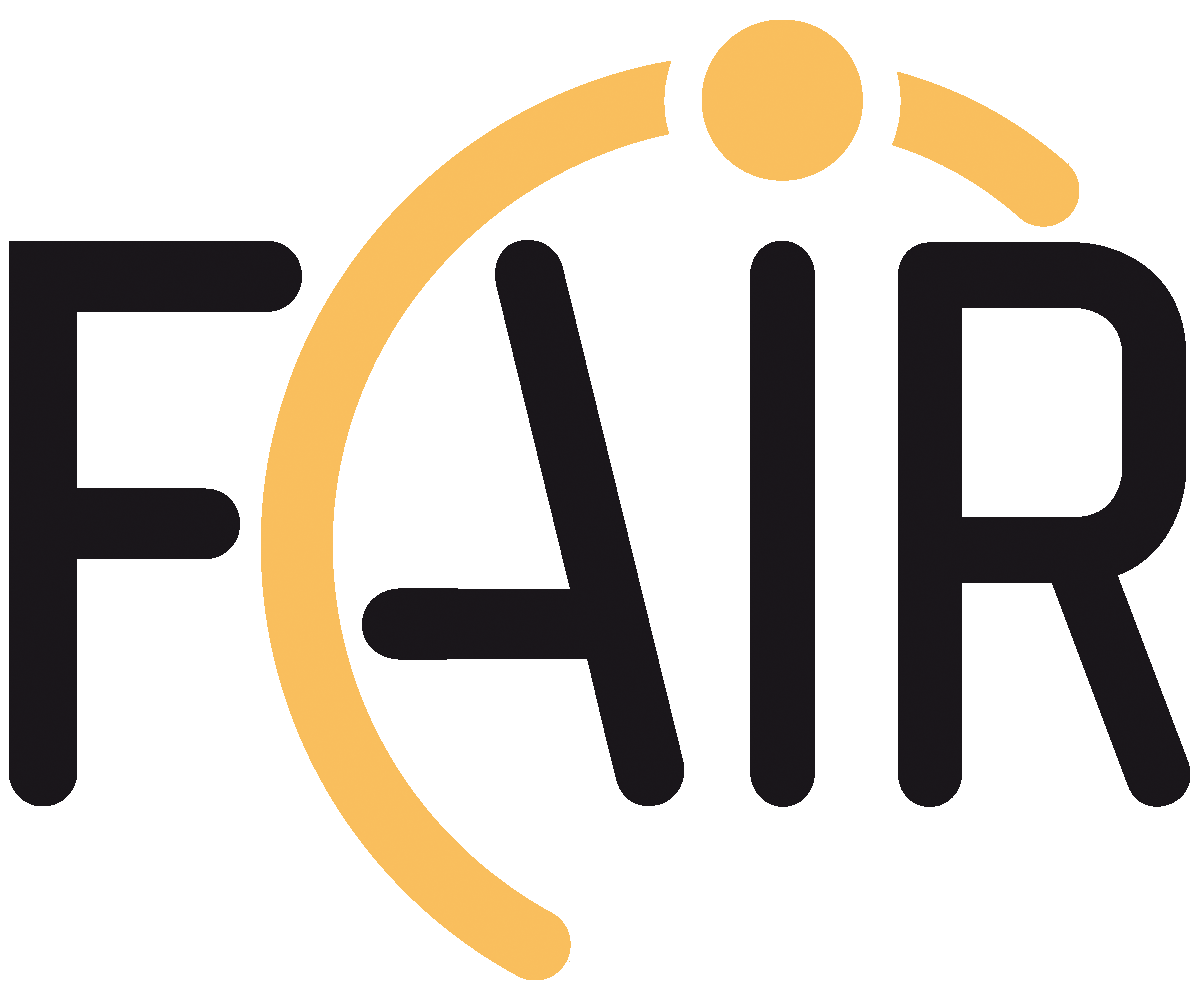Workshop „Physics Opportunities with Proton Beams at SIS100” was held in Wuppertal
PANDA meetings
04/03-08/03 2024 CM 24/1 in Münster
24/06-28/06 2024 CM 24/2 at GSI
25/06-26/06 2024 FEE/DAQ Workshop
04/11-06/11 2024 CM 24/3 at GSI
05/03-07/03 2025 WS at GSI
16/06-20/06 2025 CM 25 in Uppsala
Development and Applications of Tracking of Pellet Streams
Andrzej Pyszniak
TH-PHD-2015-001.pdf
(19.16 MB)
The development of a system for optical tracking of frozen hydrogen microsphere targets (pellets) was done. It is intended for the upcoming hadron physics experiment PANDA at FAIR, Darmstadt, Germany. Knowledge of the interaction position, obtained with this system, will improve background rejection, precision of particle track reconstruction and will also help distinguish between primary and secondary vertices. Investigations of pellet detection conditions and pellet stream parameters were performed at Uppsala Pellet Test Station located at The Svedberg Laboratory. Various illumination and detection conditions were checked and optimized. The gained knowledge has been used to develop Monte Carlo procedures simulating experiments with pellets. Then simulations of pellet tracking were carried out including the constraints from the PANDA setup. The performance of the tracking was checked for various pellet stream and pellet detection conditions. Two procedures of pellet track reconstruction were developed – a fast procedure and a high efficiency procedure. The studies were done for one tracking section (just below pellet generator) and for two sections (the second just above pellet dump) and showed that the resolution of the tracking system can be better than 100 μm (sigma) in each direction and that the interaction point will be reconstructed for 70-95% of hadronic events, for suitable pellet stream and detection conditions. Usage of pellet tracking information in the hadronic data analysis was discussed, concerning the data taking, particle track reconstruction together with the PANDA micro vertex detector, hadronic event classification and treatment of the various classes. Test measurements with the WASA setup at FZJ, Jülich, Germany were done to check how the information about the number of pellets in the accelerator beam region can be used in the hadronic data analysis. Instantaneous rates of WASA "elastic" triggers were used for classification of hadronic events as coming from pellets or from a background. The study clearly showed that one can distinguish between the two event classes. The study gave experience in using two different systems synchronized with each other – the experiment's DAQ and another system that works with a much longer time scale – similar to the pellet tracking system.





